|
|
|
|
It’s long been asserted that dolphins and whales are very intelligent. That’s because this group of aquatic mammals, cetaceans, have large brains and because some of their behaviours have been interpreted as displaying notable intelligence. Paul Manger unpacks new research that shows that the brains of cetaceans are indeed special – but for different reasons than previously suggested. His findings show that their brains have evolved to prevent losing heat in cold water. Understanding how this survival adaptation works opens the door to designing better conservation efforts in the wake of rising ocean temperatures as a result of climate
change.
The world’s attention recently zeroed in on the Suez Canal, an artificial channel connecting the Mediterranean and Red seas across Egyptian territory. A massive container ship wedged across the canal, blocking all traffic and creating a huge and expensive backlog of trade vessels. The economic benefits of the canal are apparent. What’s been less explored are the technical mishaps and failed ambitions that dogged it in its early years. Lucia Carminati provides insights into the canal’s fascinating beginnings and what it took to cleave this huge waterway through the desert-like region.
|
Natasha Joseph
Freelance Commissioning Editor
|

|
|
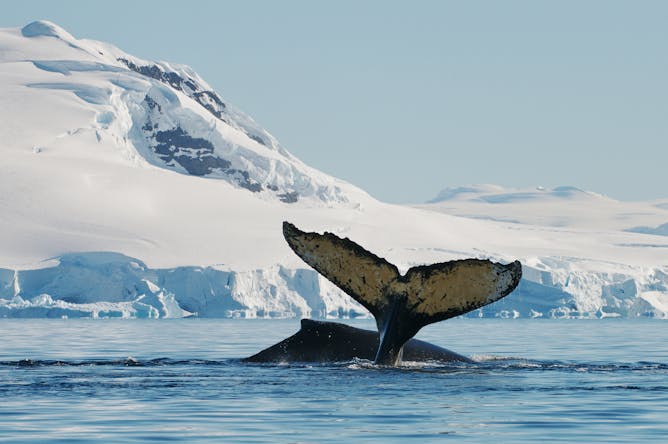
A humpback whale near the Antarctic ice.
Dr Olga Shpak
Paul Manger, University of the Witwatersrand
The cetacean brain has a specialised thermogenic system that helps the animal's brain to produce enough heat to maintain a functional brain temperature.
|
|
|
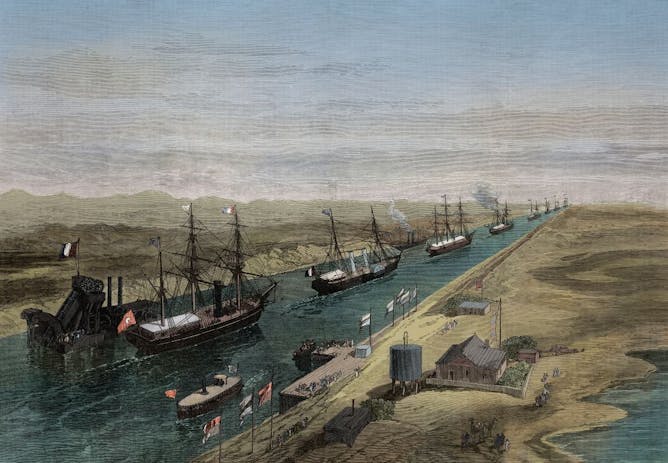
The procession of ships in the Suez canal for its opening. Illustration from the magazine “The Illustrated London News, volume LV, December 18, 1869.
DEA / BIBLIOTECA AMBROSIANA/Getty Images
Lucia Carminati, Texas Tech University
Prior to the mid-19th century, the Isthmus of Suez – the 125km strip of land that lies between the Mediterranean Sea and the Red Sea – was a quiet spot.
|
Business + Economy
|
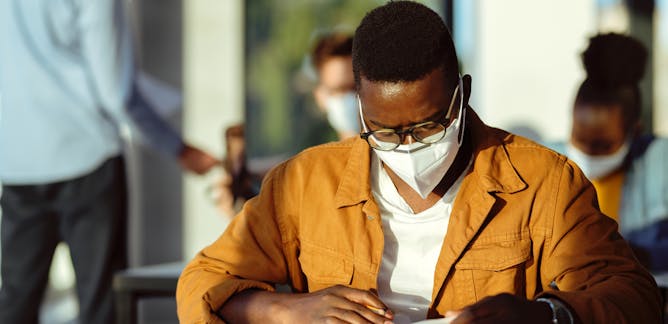
Dr. Chao Mbogho, Kenya Methodist University
A lack of consistent mentorship models leads to a skills gap which affects the global competitiveness of Kenya's students and graduates.
| |
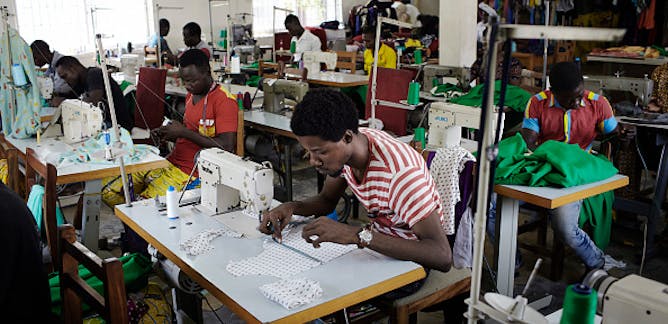
Anthony Abiodun Eniola, PhD, Landmark University
SMEs must incorporate Total Quality Management practices in their organisational culture for better performance.
|
|
|
Politics
|
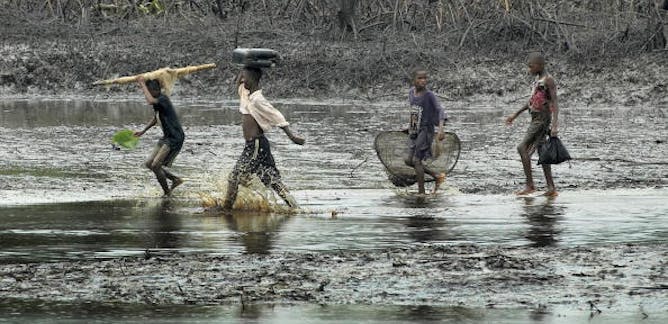
Tarila Marclint Ebiede, KU Leuven
The insecurity that plagues Nigeria significantly undermines the quality of life for its people.
| |
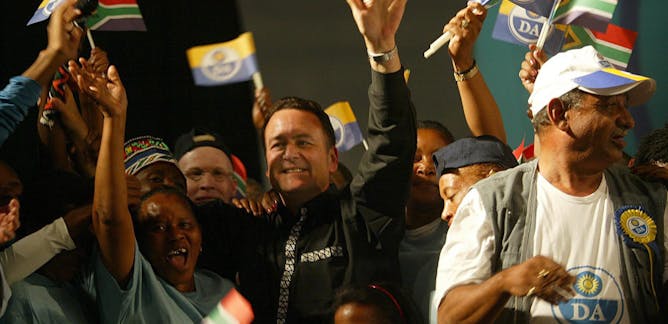
Keith Gottschalk, University of the Western Cape
Leon mulls over the Democratic Alliance's biggest challenge: 'how to maintain its majority support among minorities, and increase its meagre voter share among the black majority'.
|
|
|
From our international editions
|
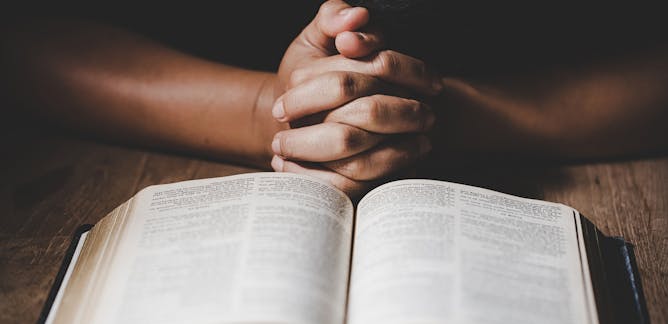
Ava Kanyeredzi, University of East London
A pilot project is training Black church leaders in how to better help domestic abuse victims in their congregations.
| |

Richard Pildes, New York University
The fight over absentee ballot deadlines in the November 2020 election was bitter and prolonged. Now, an election law scholar looks at how those ballots affected the presidential race.
|
|
|
En Français
|

Victor Court, IFP Énergies nouvelles
En ne prenant pas assez en compte les mécanismes de l’effet rebond, les modèles climatiques et énergétiques surévaluent les économies d’énergie vraiment réalisables.
| |
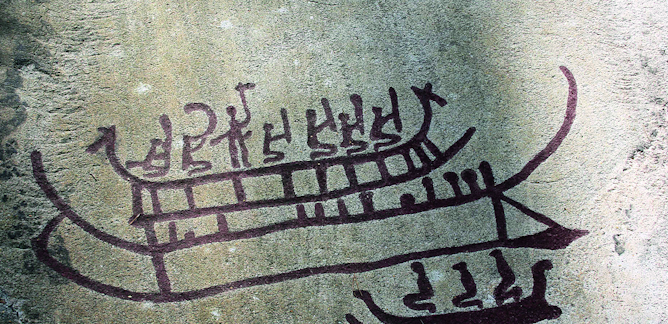
Anne Lehoërff, CY Cergy Paris Université
L’homme est-il naturellement porté à la violence ? Les spécialistes des époques les plus anciennes mènent l’enquête.
|
|
|
| |
Featured events
|

|
Robert Sobukwe Road, University of the Western Cape, Bellville, Cape Town, Western Cape, 7535, South Africa — University of the Western Cape
|

|
10 Marais Street, Stellenbosch , Stellenbosch, Western Cape, 7600, South Africa — Stellenbosch University
|

|
Robert Sobukwe Road, University of the Western Cape, Bellville, Cape Town, Western Cape, 7535, South Africa — University of the Western Cape
|
|
|
|
| |
| |
| |
Would you like to republish any of these articles?
|
|
It’s free to republish, here are the guidelines.
Contact us on africa-republish@theconversation.com in case you need assistance.
|
| |
| |
| |
| |
|
|
|
|
|
|
|